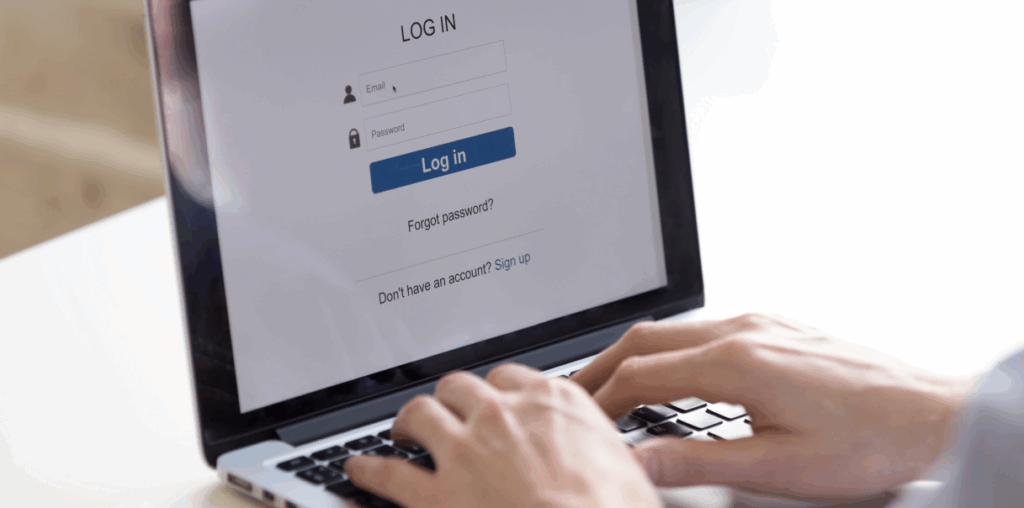Big brands may dominate the headlines when data breaches happen, but cybercriminals aren’t just aiming for the big, Fortune 500 brands. In fact, small and mid-sized businesses are often easier and more frequent targets for cyber attacks.
But why? This is because most small businesses lack the same resources, staff, and protections in place to detect and prevent a cyber attack. And cybercriminals know it.
If you’re a small or mid-sized business owner and you assume you’re too small to be on anyone’s target list, it’s time to rethink your mindset and reshape your cybersecurity before a cyber attack brings the issue to fruition.
Let’s take a closer look at why cybercriminals target small businesses, what makes them vulnerable, and how to protect your team, your data, and your bottom line.
“We’re too small to be on anyone’s radar”… Or are you?
It’s a common belief: if you’re not a major corporation, hackers won’t bother with you. But the data tells a different story.
Studies consistently show that nearly half of all cyber attacks target small and medium-sized businesses. Why? Because attackers assume that smaller companies have:
- Fewer security controls
- Outdated or unpatched systems
- Limited in-house IT resources
- Little to no staff cybersecurity training
These vulnerabilities make small businesses more vulnerable to breaches and easier to exploit.

5 Reasons Small Businesses are Targets for Cyber Attacks
1. Weaker security systems
Many small businesses rely on outdated antivirus software or minimal firewalls. Without layered protections, it’s much easier for cyber attackers to gain access unnoticed, especially if systems aren’t regularly patched.
2. Limited employee training
Cybersecurity isn’t just a tech issue. It’s also a people issue if there’s a lack of education or training on what cyber attacks and threats look like. If your team doesn’t know how to spot phishing emails or social engineering attempts, they could unknowingly give cybercriminals access to your systems by accidentally clicking a link or following a cryptic set of instructions.
3. Valuable data with low resistance
Even if you don’t store millions of records, your business still holds valuable information—client data, payroll, banking info, and intellectual property. It’s all useful to attackers, and often less protected in small environments compared to bigger corporations.
4. Entry into bigger networks
Small businesses that work with enterprise clients or government contracts are often targeted as stepping stones into those larger networks. If you’re in someone else’s supply chain, you’re part of their risk factors. Protecting yourself and your clients is important!
5. Lower chance of detection
Many small businesses don’t have around-the-clock monitoring or a dedicated security team. That means cyber attacks can go undetected for days or weeks, giving criminals more time to do damage or exfiltrate data.
The Most Common Cyber Attacks on Small Businesses
The cyber attacks small businesses face are often automated, widespread, and opportunistic. Some of the most common include:
- Phishing: Emails that trick staff into clicking malicious links or providing login details
- Ransomware: Malware that encrypts your data and demands payment for access
- Credential stuffing: Using stolen login info from other sites to break into your accounts
- Business email compromise (BEC): Faked emails from executives requesting wire transfers
- Malware: Hidden in attachments or downloads, used to spy, steal, or disrupt operations
Unfortunately, these tactics aren’t rare. They’re happening every day, and often to businesses you’d encounter.

The Cost of Inaction
A single breach can have serious consequences. Financial loss is just the start. Small businesses also risk:
- Long periods of downtime
- Damage to customer trust and your reputation
- Legal consequences or regulatory fines
- Data loss or permanent damage to systems
How Managed Cybersecurity Helps against Cyber Attacks
The good news: You don’t need a full in-house IT department to protect your business.
Partnering with a trusted managed IT and cybersecurity provider gives you access to enterprise-level tools, proactive protection, and expert support, without stretching your budget or your in-house resources.
At PartnerIT, we help small businesses protect against cyber attacks through:
- 24/7 monitoring and threat detection
- Regular patching and system updates
- Staff training to reduce human error
- Secure backups and disaster recovery planning
- Compliance support for regulations like PIPEDA or HIPAA
It’s about building a layered defence that works for your business size, your goals, and your risk profile.
Take Action Before You’re a Target
Too many small businesses only invest in cybersecurity after an incident happens. Cybercriminals are counting on that delay. With the right strategy and support, you can stay one step ahead, reduce risk, improve resilience, and gain peace of mind knowing your business is protected.
PartnerIT helps Canadian businesses take control of their cybersecurity without the burden of managing everything in-house. Let’s protect what you’ve built.



